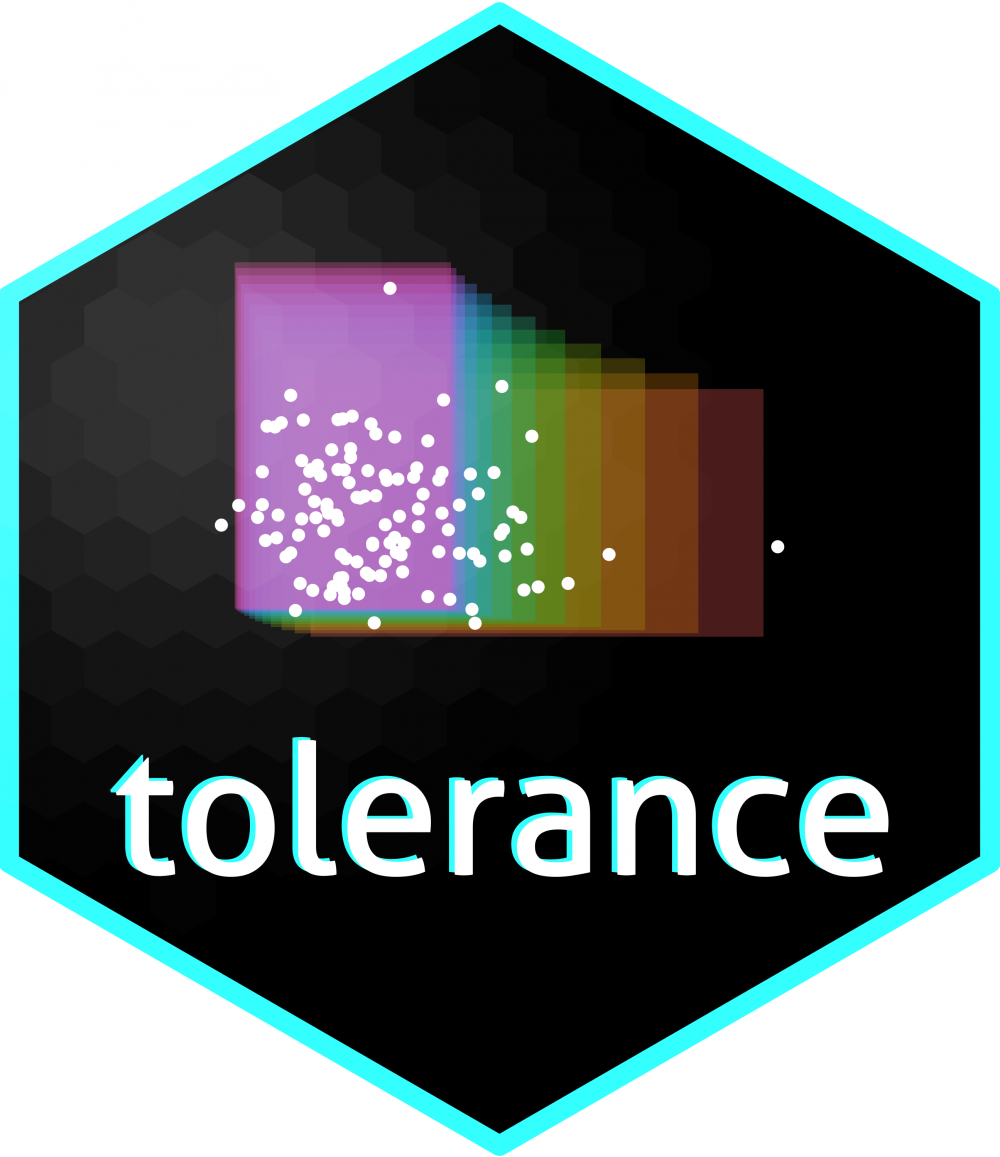Enhancing Usability of mixtools and tolerance for the Biomedical Community
Proposal Summary
To provide significant modernization and enhanced usability of the R packages mixtools and tolerance for improved utilization and accessibility within the biomedical and health research communities.
Project

This project will provide significant modernization and enhanced usability of the R package mixtools, a nearly 15-year old package and used by hundreds of researchers daily, for improved engagement with the biomedical and health research communities. The mixtools package for R provides a set of functions for analyzing a variety of finite mixture models. These functions include both traditional methods, such as EM algorithms for univariate and multivariate normal mixtures, and newer methods that reflect some recent research in finite mixture models. In the latter category, mixtools provides algorithms for estimating parameters in a wide range of different mixture-of-regression contexts, in multinomial mixtures such as those arising from discretizing continuous multivariate data, in nonparametric situations where the multivariate component densities are completely unspecified, and in semiparametric situations such as a univariate location mixture of symmetric but otherwise unspecified densities.
Key Personnel
Project

This project will provide significant modernization and enhanced usability of the R package tolerance, a package over a decade old, for improved engagement with the biomedical and health research communities. The tolerance package for R provides functions for estimating tolerance limits (intervals) for various univariate distributions, Bayesian normal tolerance limits, multivariate normal tolerance regions, nonparametric tolerance intervals, tolerance bands for regression settings (linear regression, nonlinear regression, nonparametric regression, and multivariate regression), and analysis of variance tolerance intervals. The tolerance package has been used in a wide range of biological research, including prostate cancer research, understanding cerebral oxygenation, and world-wide surveillance of gastroenteritis. Depth-based multivariate hyperrectangular tolerance regions are also available, which is a recently developed advancement that produces reference regions for interpreting the results of biochemical tests in clinical chemistry or physiological tests of patients in laboratory medicine. Visualizations are also available for most of these settings, but this project will enhance such visualizations using state-of-the-art packages in R.



